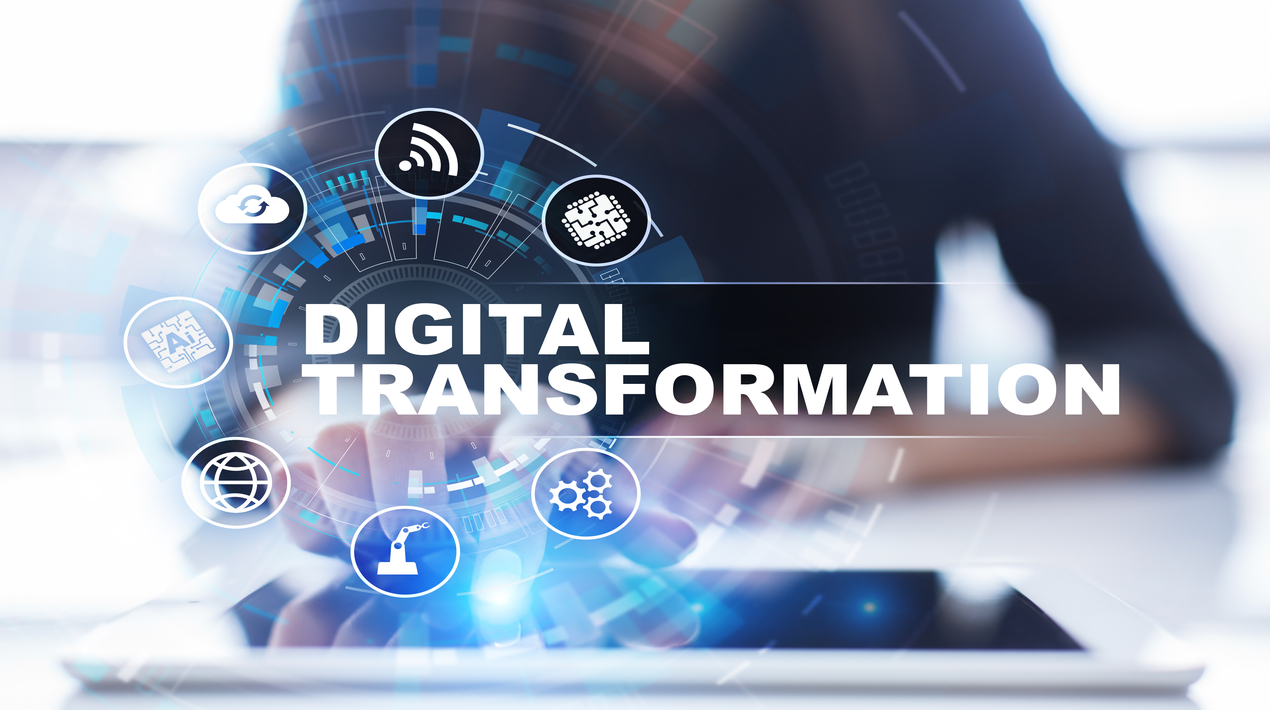
Taiwan’s Bureau of Foreign Trade, Ministry of Economic Affairs (BoFT, MoEA) has planned to develop global artificial intelligence (AI) industrial trends by utilising its prominent information technologies and semiconductor industries.
BoFT MoEA together with Taiwan External Trade Development Council (TAITRA) and Information Service Industry Association (CISA) has encouraged Taiwan’s information and technology companies to keep on research, development and innovation amid the COVID-19 pandemic.
The AI market is expected to grow in the next few years. The global AI market is estimated to grow at a compound annual growth rate of almost 21% between 2021 and 2025 with a value amounting to approximately US$76.44 billion (RM319.48 billion).
COVID-19 has sped up the digital transformation process and now more digital solutions are being widely used. By speeding up digital transformation, corporations can then grow and make profits. We are working closely with the international association and looking forward to exporting Taiwan’s excellent ICT solutions and working together with everyone to develop business opportunities.
– Brian Chen, CISA Chairman
The MoEA has assisted businesses in undertaking digitalisation and promoting excellence in Taiwanese brands and products. The Taiwan Excellence Award honours Taiwan’s most innovative products every year. Products carrying this symbol have been selected based on their excellent performance in research and development, design, quality and also marketing.
Many Taiwanese AI companies have applied AI in the healthcare, manufacturing and remote education sectors. An AI company showcased an AI-assisted diagnostics software that helps in the early detection and treatment of diabetic retinopathy, while another company has introduced its cloud that provides Omnichannel contact, AI enables chatbot, and customer relationship management to help enterprises in digital transformation.
Another company has presented an AI auto-tracking camera to enhance the distance learning experience, and FETC International introduced its Ai Vehicle Recognition Solution that integrated with the AI AVC system to monitor vehicle access control. On the other hand, a digital health company presented its care recipient monitor solution which can monitor patient’s daily activities and alarm urgent attention.
Beyond sparking a scientific and technological revolution, AI will fundamentally transform human life and industry and create boundless business opportunities. Capitalising on this wave, the Taiwanese government rolled out the AI Taiwan Action Plan to sharpen Taiwan’s advantages, prioritise innovation and real-world implementation, and develop software and hardware in tandem, thereby injecting greater momentum into Taiwan’s industries.
Efforts to build AI into a comprehensive industry will be guided by the principles of deregulation, open access and technology investment, all with the aim of propelling Taiwan into the ranks of the world’s leading smart nations.
Taiwan has utilised AI in various fields, including agriculture. As reported by OpenGov Asia, The Taiwanese government has combined Taiwan’s advantages in planting technology with the IT industry by introducing Artificial intelligence technology to transform Taiwanese farms into standardised production and a competitive agribusiness in the global market.
For example, the total dragon fruit farm areas in Taiwan have exceeded over 3,000 hectares, but the output is still less than in many other countries. To solve the issue for dragon fruit farmers, the Industrial Development Bureau (IDB) of the Ministry of Economic Affairs (MoEA) of Taiwan, the promoter of smart applications and technologies, has joined forces with Pingtung county government and a Taiwanese communications company to establish a smart demo field in Taiwan’s largest dragon fruit farm.
Under the joint efforts of the Smart City Taiwan Project initiated by the Industrial IDB of MoEA and the Pingtung county government, the digital twin model for dragon fruits has been introduced into two Taiwanese farms. If this planting solution is adopted by more and more farms in Pingtung County, the output value of the farms will reach NT$300 million (US$11 million). Thereby enhancing the market competitiveness of agricultural products and providing a lot more income for farmers.


















